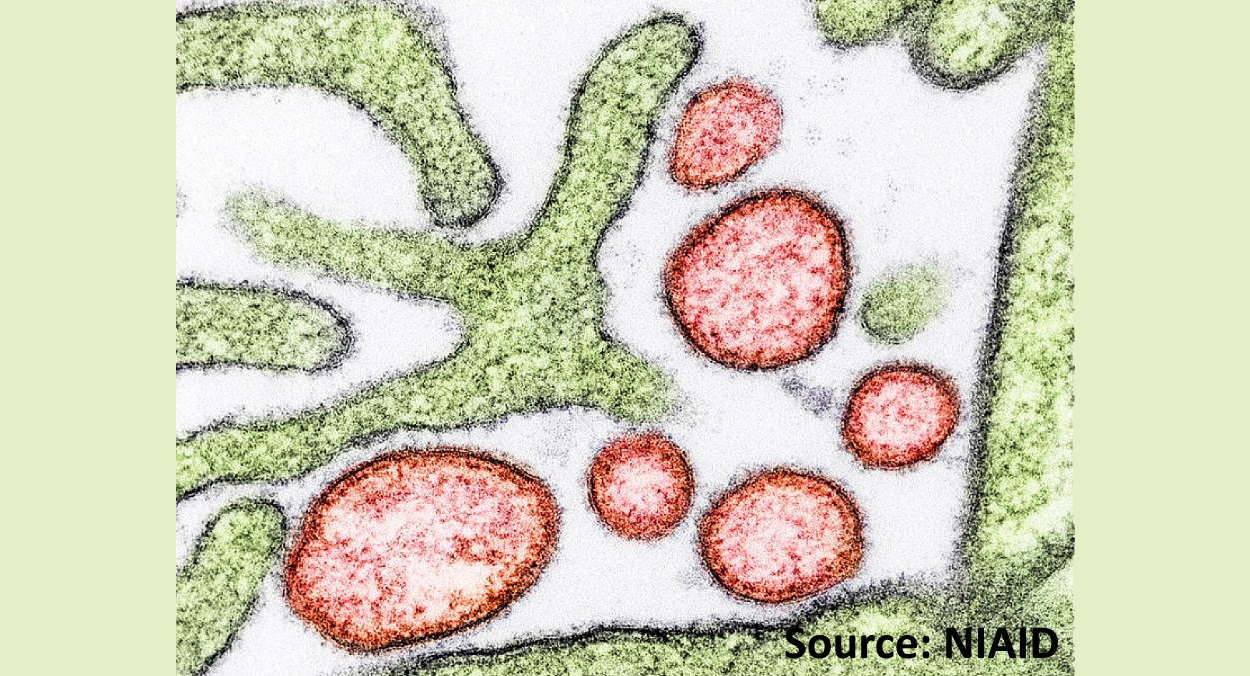NIH starts trial of Moderna's mRNA Nipah virus vaccine

Researchers in the US have started a clinical trial of a vaccine against Nipah virus, a serious infection caught from animals that has a fatality rate of between 40% and 70%, developed by mRNA specialist Moderna.
Nipah is one of the pathogens that Moderna has identified as the targets of its global public health strategy, an initiative aimed at developing vaccines for 15 infectious diseases that pose the biggest public health risk worldwide.
The virus – usually contracted through contact with fruit bats – first cause a documented outbreak in Malaysia and Singapore in 1998, with 265 cases that led to 105 deaths among humans as well as the near collapse of a billion-dollar pig-farming industry due to culling.
Since then, outbreaks have occurred almost every year around the world, mainly in India and Bangladesh, and there is no approved vaccine or drug treatment to protect humans or animals at risk.
People infected with the virus can have a range of symptoms – mild to severe – but at the top end of the spectrum it can causing encephalitis leading to coma or death.
While most cases come from close contact with animals, there have been reports of human to human transmission, raising fears that a highly transmissible strain could emerge with major public health consequences.
The virus has also been identified in bat species from a number of other countries, including Cambodia, Ghana, Indonesia, Madagascar, the Philippines, and Thailand, according to the World Health organisation (WHO).
The National Institutes of Health (NIH) is sponsoring the clinical trial of Moderna's mRNA-1215 candidate, which will be carried out by scientists at the National Institute of Allergy and Infectious Diseases (NIAID).
"Nipah virus poses a considerable pandemic threat because it mutates relatively easily, causes disease in a wide range of mammals, can transmit from person-to-person, and kills a large percentage of the people it infects," said NIAID Director Anthony Fauci in a statement.
"The need for a preventive Nipah virus vaccine is significant," he added.
The NIAID trial will involve 40 healthy adults who will be exposed to escalating doses of mRNA-1215 to evaluate its safety, tolerability and ability to stimulate an immune response.
Four groups of 10 participants each will receive two doses of the investigational vaccine via injection in the shoulder muscle – 25 mcg, 50 mcg or 100 mcg – given either four or 12 weeks apart. They will be followed for a year after the two-dose regimen completes.
Moderna's mRNA vaccine platform has already delivered the widely used COVID-19 shot, and is being deployed against a host of other infectious diseases, including influenza, respiratory syncytial virus (RSV), HIV, malaria and tuberculosis.













